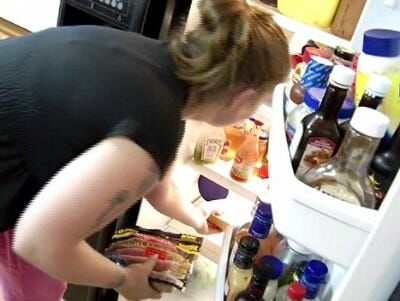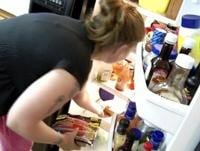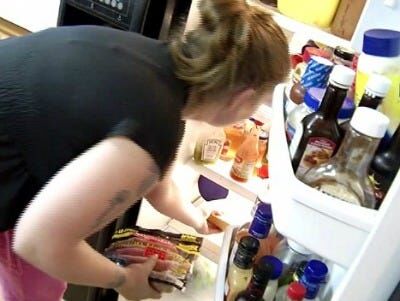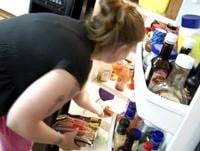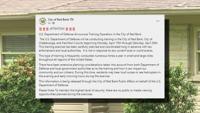TUNNEL HILL, GA. (WRCB) -- The major power loss is hitting homeowners where it hurts: their wallets!
Refrigerators and freezers are thawing, spoiling food and budgets. But there may be help to be had.
"We were lucky we made it through the tornadoes and everything last year, but the wind and storms that came through yesterday got us pretty bad," Wendy White says.
The power is back on at Wendy White's Tunnel Hill home, but the damage is done.
"Chicken, mayonnaise, hotdogs, basically everything in my refrigerator has got to go," says White.
Thursday's storm put a dent in Wendy's monthly grocery bill.
"Probably about $75, maybe a little bit more, between $75 and $100 dollars," she says.
She's not alone. More than 7,500 North Georgia EMC customers are still in the dark. Across the state line, EPB is working to get 7,200 customers back online.
But there may be a way to recoup what Wendy lost.
"It's full replacement," Terry Woody says. "It has no deductible on food spoilage. It goes up to $500 that would be paid out immediately."
Terry Woody with First Volunteer Insurance says all of his carriers provide what's called a HR700 policy.
It covers what's in your refrigerator should Mother Nature strike, and comes at an affordable price.
"Twenty-five to 30 bucks a year, so it's nothing," Woody says.
Wendy White says her groceries are covered.
"They did tell me that over the phone," she says. "I've just got to get a rough estimate of what was lost and how much it's going to total up to."
Woody says most carriers take customers at their word, but others require documentation of the spoiled food.
He says if you are not sure you're covered, it's best to ask.
"Let them explain to you what the coverages are," Woody says. "They can explain the price, and you can weigh out if it's worth it to you."
The Center for Disease Control says if your power is out for less than two hours, the food in your refrigerator and freezer is safe to eat.
Experts say a freezer will hold food for up to 48 hours, if the doors stay closed.
They suggest throwing away any food that reaches more than 40 degrees Fahrenheit.

